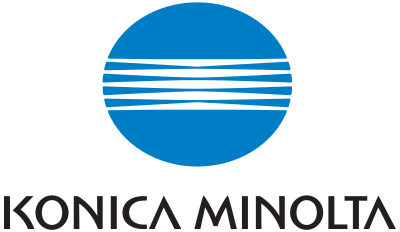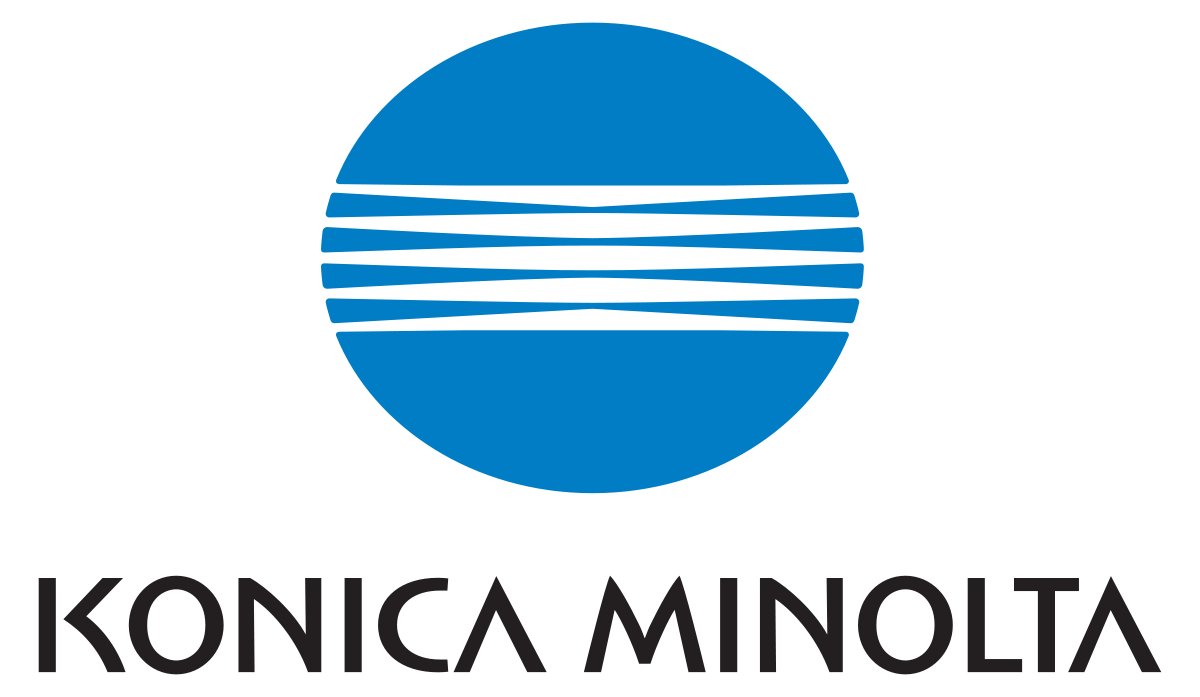 Langenhagen, Germany, 15 March 2018
Langenhagen, Germany, 15 March 2018 Today’s and tomorrow’s workforce has other requirements than former generations. They want to choose when and where they work rather than being placed in a 9-to-5 position. Employers need to give them full empowerment to make mobile work from everywhere possible, which means boundless access to the company’s network, data and applications. Yet according to a benchmarking survey conducted in ten European countries from September to November 2017 amongst Konica Minolta customers*, many companies still see this as a big challenge and are unable to offer this.
The study looked at the challenges faced by information managers and business process stakeholders, and how they are working to address them. The challenge of providing wide, secure and searchable access to content becomes more difficult when factoring in aspects such as searching across multiple Enterprise Content Management or Document Management systems and accessing documents from mobile devices. The respondents rated wide access (41%) and solid search capabilities (34%) as their top challenges for information management. On the other hand, 57% do not provide any mobile access to documents and 44% admit they provide their users with poor or not available search.
Information management and capture systems in times of exploding data
In times of information overload and exploding volumes of electronically generated content, still only 53% of surveyed organisations have a document or content management system. Although the imaging of documents and forms has been part of the business process toolkit for some thirty years, and the first major implementations of document management systems took place over twenty years ago, only 31% have imaging systems that feed their business processes. 14% of those without document management or information management systems (5% of the total survey) admit that they have ‘somewhat chaotic’ file shares or cloud shares, and 43% rely on email attachments and personal hard drives to share documents.
GDPR is a big challenge
From 25 May this year, the EU General Data Protection Regulation (GDPR) will be enforced. Described as the most important change in data privacy regulation in 20 years, through GDPR companies are required to ensure a secure and compliant storage of citizen, customer, prospect and employee data. According to the survey, 28% cited GDPR as their biggest challenge for document services. 43% of the respondents from <50 employee organisations say that they don’t know enough about GDPR to make any changes to their processes and systems, whilst GDPR is causing 47% of 500+ organisations to rethink their customer data processes, tightening security and improving records management.
Popular capture-enabled process applications
Accounts Payable (29%) and Accounts Receivable (12%) are the most popular capture-enabled process applications, followed by customer service/case management (10%) and HR (8%). 36% capture for archiving, and 37% have no capture-enabled applications. Konica Minolta wanted to know the reason. Too small and not-relevant are obvious reasons, but 14% need a better cost justification. 10% feel they lack expertise and 11% need someone to show them what’s possible.
Benefits from document and process initiatives
51% rated improved organisational agility and flexibility as their biggest benefits resulting from their document and process initiatives. This brings together aspects such as organisational change, process optimisation, customer response, outsourcing, and adaptation to changing business environments. Next is greater knowledge sharing within and between teams (39%), followed by improved customer service and retention (35%). All these benefits are intangible and difficult to put a price on, but they are fundamental to building successful businesses.
Return on investment
Despite the intangible nature of many of the benefits, investment approval in most organisations is driven by return-on-investment criteria. The survey indicates that one-third of document and process initiatives repay the investment in 12 months or less, and two-thirds within two years. 62% of the respondents are planning to increase their investment in document and/or process systems within the next two years.
“The way people work nowadays has caused the way people interact with information to change. Easy and intuitive access is becoming more important to make sure everyone can do their job as good and as effective as possible”, says Marcel Cobussen, Business Development and Product Marketing Manager at Konica Minolta Business Solutions Europe. “A good Information Management strategy is key for each business to serve their users, be competitive and to make sure you are compliant.”
*About the survey
The survey results quoted in this report are taken from a survey carried out between mid-September and mid-November 2017. 332 respondents participated in the survey. Data was collected using a web-based tool. The survey was translated into six languages, and the invitation to participate was emailed to Konica Minolta customers in ten European countries covering a wide range of industry sectors. 44% of respondents came from organisations with 1–50 employees, 39% with 50–500 employees and 17% with 500+ employees.
About Konica Minolta Business Solutions Europe
Konica Minolta Business Solutions Europe GmbH, based in Langenhagen, Germany, is a wholly owned subsidiary of Konica Minolta Inc., Tokyo, Japan. Konica Minolta enables its clients to champion the digital era: with its unique imaging expertise and data processing capabilities, Konica Minolta creates relevant solutions for its customers and solves issues faced by society. As a provider of comprehensive IT services, Konica Minolta delivers consultancy and services to optimise business processes with workflow automation and implements solutions in the field of IT infrastructure and IT security as well as cloud environments. According to IDC, Konica Minolta is a “Major Player in Workflow Services Hardcopy in the Western European market” (2016). Being a strong partner for the production and industrial printing market, Konica Minolta offers business consulting, state-of-the-art technology and software and, in 2016, was the production printing market leader for the ninth consecutive year (InfoSource). The hardware portfolio covers light and mid production as well as industrial printing machines. Konica Minolta Marketing Services provides value added services that intelligently link print and digital marketing in an effective and efficient way. In the healthcare sector, Konica Minolta drives digitalisation of clinical workflows and offers a broad range of next-level diagnostic solutions. Through its Business Innovation Centre in London and four R&D laboratories in Europe, Konica Minolta brings innovation forward by collaborating with its customers as well as academic, industrial and entrepreneurial partners. Konica Minolta Business Solutions Europe is represented by subsidiaries and distributors in more than 80 countries in Europe, Central Asia, the Middle East and Africa. With over 9,700 employees (as of March 2017), Konica Minolta Europe earned net sales of over EUR 2.4 billion in financial year 2016/17.
For more information, please visit http://newsroom.konicaminolta.eu/ and follow Konica Minolta on Facebook, YouTube and Twitter @KonicaMinoltaEU.

